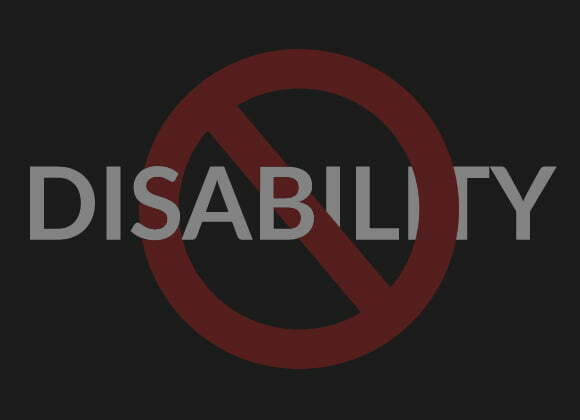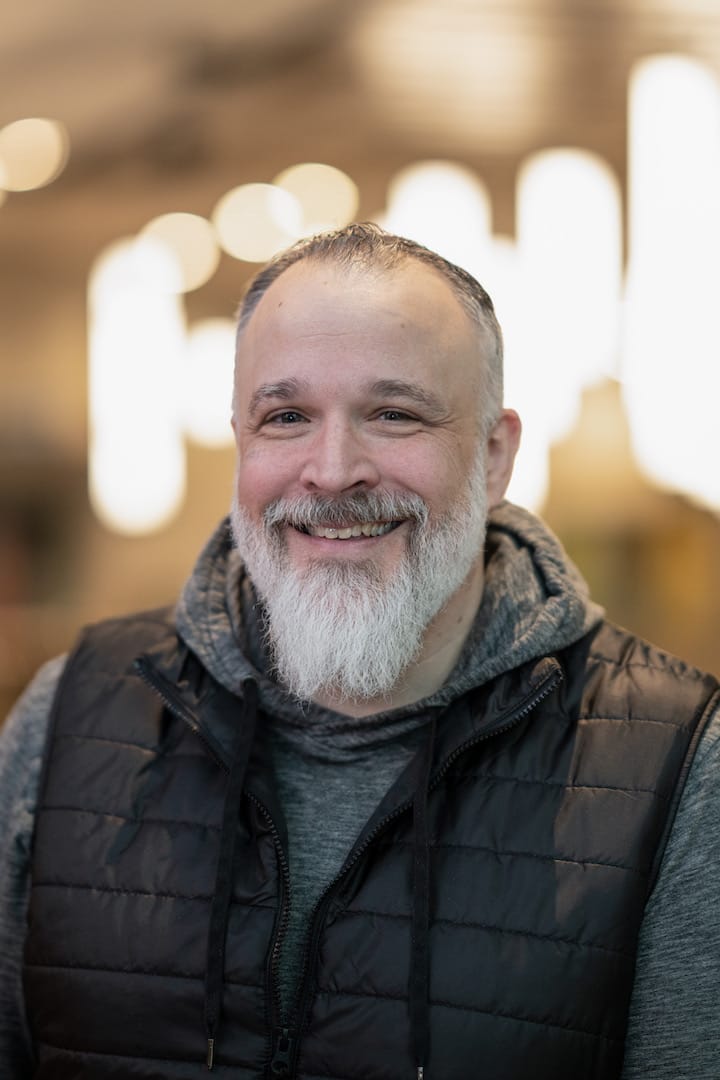

I’ll be the first to admit that I struggled in certain subjects in school. I was horrible at typing. Yes, I am old enough that I actually had to take a course in typing. I distinctly remember getting yelled at by my teacher. I will never forget Mr. Oyster. Partly because he took my keyboard away from me and slammed it on top of my computer monitor when he caught me looking at the keys. That and the fact that as he yelled at me spit flew from his mouth and showered down on me. A slightly traumatic moment.
Typing wasn’t the only subject that I struggled to get through. I also struggled to get through English. The way my brain is wired it just can’t make sense of certain rules for sentence structure, grammar, spelling, etc. Sometimes I wonder if any of my writing makes sense considering how much I struggled in school. In fact, I don’t think I would have survived high school without my mom essentially being my ghost writer.
Yes, I have come a long way, but I still recognize that certain things are not my strengths. So, when I decided to really dive in and study one individual word I was a bit intimidated. I started having flash backs to a time when my mother would take me to the library and we’d have to sift through the card catalogs. If you’re not old enough for that reference, Google it!
Deep breath… Here we go!
The word that I want to study and dissect is: disability.
My motivation for wanting to study it is because I feel like on some levels it is a dirty word in the Church. Many churches shy away from talking about it. Most churches (90%) have no intentional outreach to their disability communities. Is this because the mere word evokes fear or a negative response within people? Let’s find out.
The first recorded usage of the word was all the way back in the 1570s. But wait a minute. Isn’t the word disability in the Bible? Let’s do a quick search there too.
The search on BibleGateway brings up a big zero. Grab your closest concordance. You won’t find it there ether. Unless you keep churning through different modern translations you simply won’t find it. Extra credit to the person who can give me the translation that it shows up in!
Hmmm… Interesting because the Bible does in fact have a lot to say about disability.
Back to some history. It is enlightening to read Glenda Watson Hyatt’s article titled “What is in a word? The evolution of disability language.” She traces back the treatment of people affected by disability throughout human history. In ancient Greek times infants that didn’t measure up to their standards of physical perfection were drowned in the river. In medieval times people affected by disabilities were made to be jesters or participants in freak shows. And in more recent times the disabled were the first to be eliminated by Hitler and the Nazis.
All these horrible examples shed a very negative light on culture’s view of people that live with disability. History sends the message that disability is not desirable.
Of course, Bible times would be different, right? Gulp. Let take just a quick look at few things.
The cultural view of people with disabilities in Bible times was that they were sinners (John 9). Disability was believed to be the result of sin. This would have disqualified all people that lived with disability from being a part of God’s family and the Church.
People affected by disability during the ministry of Jesus were homeless and abandoned by their society. We can see this in the words of Jesus when the servant in the Parable of the Great Banquet (Luke 14) is told to go out in the streets and alleys to find the “blind, lame, and crippled.”
Unfortunately, negative again.
So, the views of disability from the beginning of time have not been good, to say the least. Now back to more modern times.
Since the actual term, disability, is only a few hundred years old why don’t we stop and dissect it. The word disability is made of up two parts, a root word (ability) and a prefix (dis). Now I’m getting nervous. I feel like I am back in English class. We know that prefixes have jobs to do. The job of the prefix is create a new word with a different meaning by being added to the beginning of the root word.
The root word “ability” means to have the power, capacity, or competence to do something.
The prefix “dis” is used to change the meaning of anything it comes before in a negative way. It means that whatever is precedes it takes away or removes.
Add the two together (dis – ability) and you get a word disability. The word disability means the lack of the power, capacity, or competence to do something. Simply it means to be without ability.
The usage of the term disability in our language seems to be evolving with society. The farther we trace it back the more we can see that it was largely used in the context of medical terminology. Under the medical model Glenda Watson Hyatt states that “the disabled person is seen as the problem.” It wasn’t until the 1980’s that this word disability shifted from the medical model to the social model. In the social model the person is no longer seen as the problem. The society is now seen as the problem. And the word disability is seen as a made up concept, label, or discriminating factor.
This social movement brought a new sense of awareness to disability. People affected by disability have begun to be empowered and have been given a new voice. It was only a few years later in 1990 that the ADA (Americans with Disabilities Act) was signed into law. The ADA prohibits discrimination and stands to provide equal rights for people who live with disability.
Society’s view on disability is evolving, but has the Church caught on yet?
Unfortunately, the answer is no. The Church has yet to catch up. Look no further than the ADA. The only sector of life that was exempted from the requirements of the ADA was religious institutions. Sadly, many churches have embraced this exemption for a myriad of reasons.
Another reason that I believe disability can be thought of as a dirty word, or at least a word that Pastors fear using, is because of the moving target of political correctness. The fear of offending people has reached a fever pitch in our society. The church is not exempt from this fear. Leaders often remain silent because they don’t want to lose followers from a flap in phraseology.
It is somewhat understandable considering the rapidly changing views on terminology in the world of disability. Let me explain.
My Granny Kay would often use the term mongoloid. Many probably don’t even know the term anymore. If you do you are probably offended by it. It is recognized as an offensive term that labels someone that is affected by disability, specifically Down syndrome. Let me say however that my Granny Kay was probably one of the sweetest people I have ever known. She would do anything for anyone. She even spent several years working at what would now be known as an institution loving and caring for people with disabilities. She didn’t have a mean bone in her body. The term mongoloid over time became very politically incorrect.
Next, take what is now referred to as the R-Word, retard or retarded. Again, this word has evolved in recent years. It started under the medical model and was used such. In fact, this word was widely accepted and used in the main stream of our society. It was at one time considered politically correct terminology. Entire organizations were named with this term in their charters. MRDD or the Mental Retardation Board of Developmental Disabilities are in almost ever community. They are now known as Board of DD dropping the MR part from their title. The ARC is another example. ARC stands for the Association of Retarded Citizens. Of course, now they simply go by the title the ARC. It wasn’t until many years later that the R-Word became a negative slang word us to denigrate someone. You can see how this has evolved and political correctness has shifted. There are now campaigns and organizations that have been built around bringing an end to the R-Word. For good reasons of course.
So now take the word disability. What do we do with it?
Even within leaders of the Church and disability communities there are very different opinions. Some find it offensive because of the negative connotations that it holds. Others are fine with it. Some hate the terminology special needs. As you look over the evolving landscape it is easy to see that the term disability is heading in a similar direction that the words discussed above have gone. Is it there yet? No quite. But people are still uncomfortable enough with it and fear using it. They fear being labeled insensitive or politically incorrect.
My plea for the Church is this, don’t be ruled by fear. Be ruled by love. Fear stops the Church and its leadership from ever reaching out to the disability community because the very word has evolved into something that is uncomfortable. Society’s view on it has always been negative. That is easy to see. God’s view is not negative. God created people with disabilities on purpose for a purpose (John 9, Exodus 4, Genesis 1, etc.). Jesus embraced the world of disability and commanded the Church to do likewise (Luke 14). So, no matter what the evolving word of the day is don’t allow fears of being political correct to stop you from fulfilling the commands of Jesus to love our fellow brothers and sisters.
I am by no means saying you don’t need to be sensitive in your language. We should always do that. What I am saying is error on the side of love not fear. Error on the side of taking a chance and reaching out to those that have been excluded from the Church for far too long. If people know your heart and see you acting out in love they will forgive you for slipping up and not always using the most current politically correct terminology. What they will not forgive is the Church continuing to ignore those affected by disability because they are too concerned about keeping up appearances.
So, is disability a dirty word? I guess that is yet to be fully determined. Time bears out all things.


